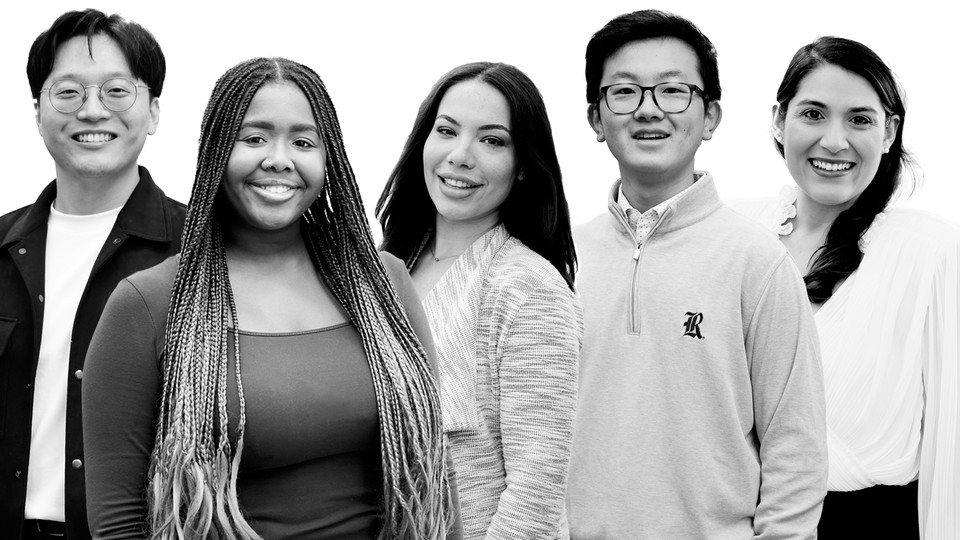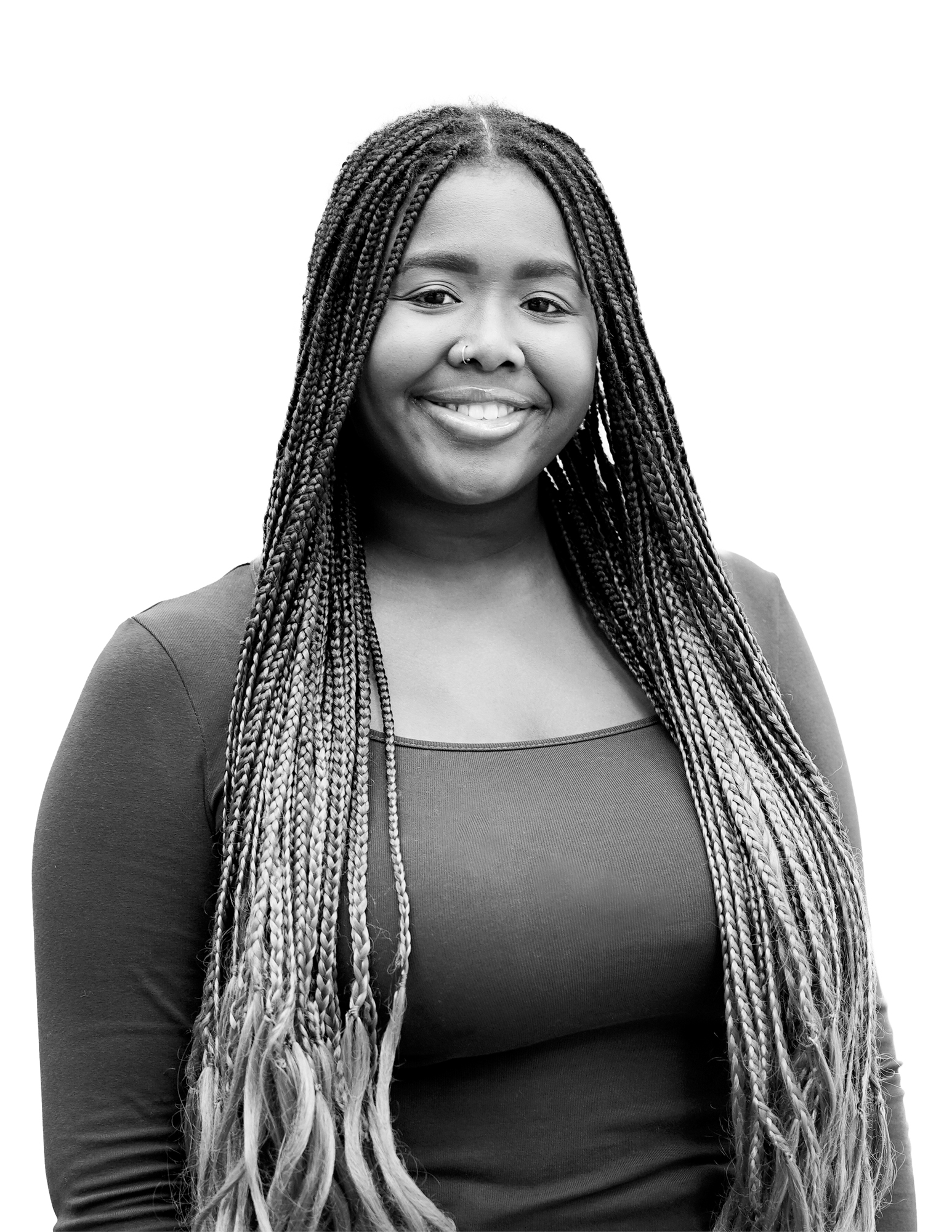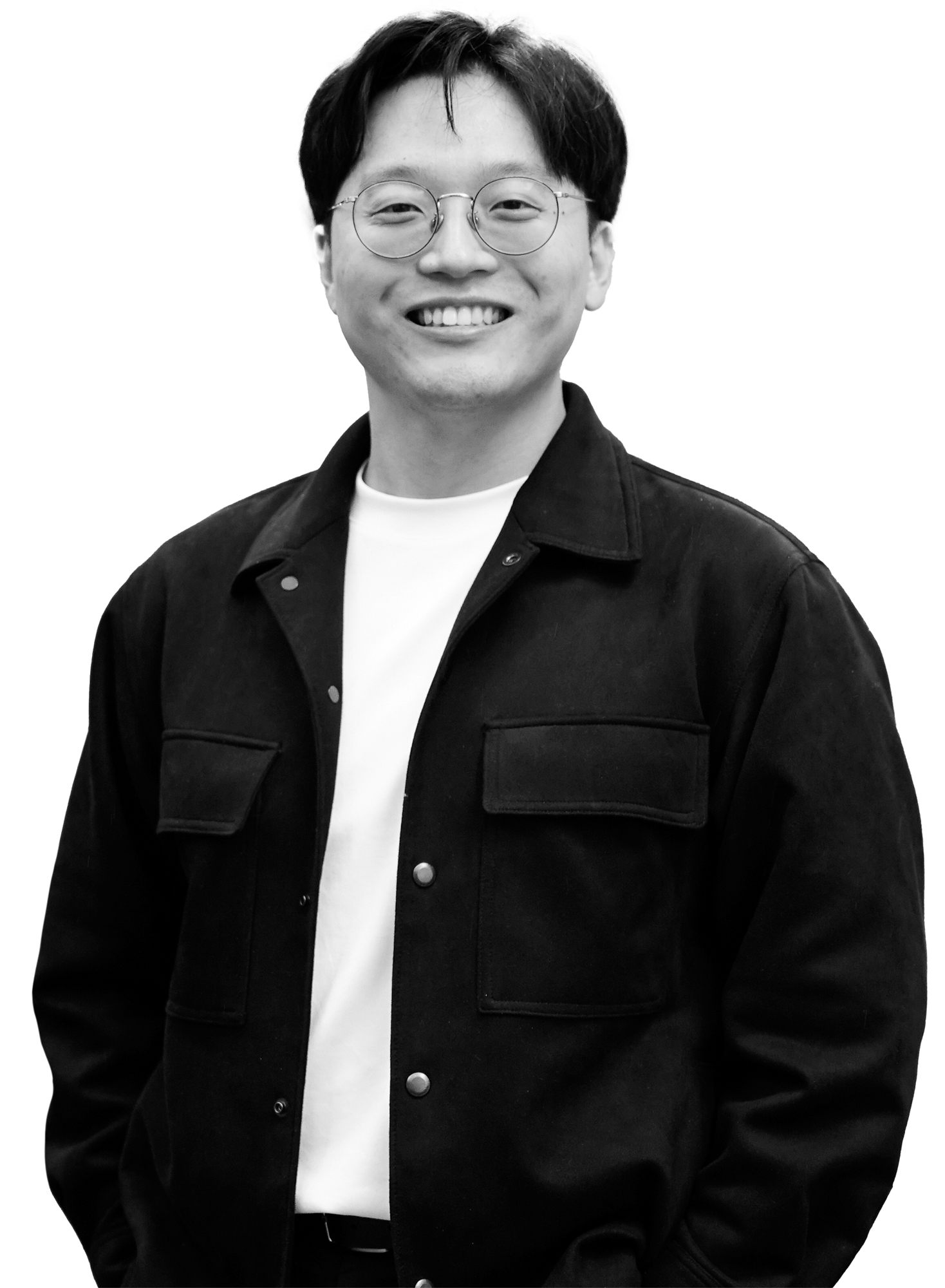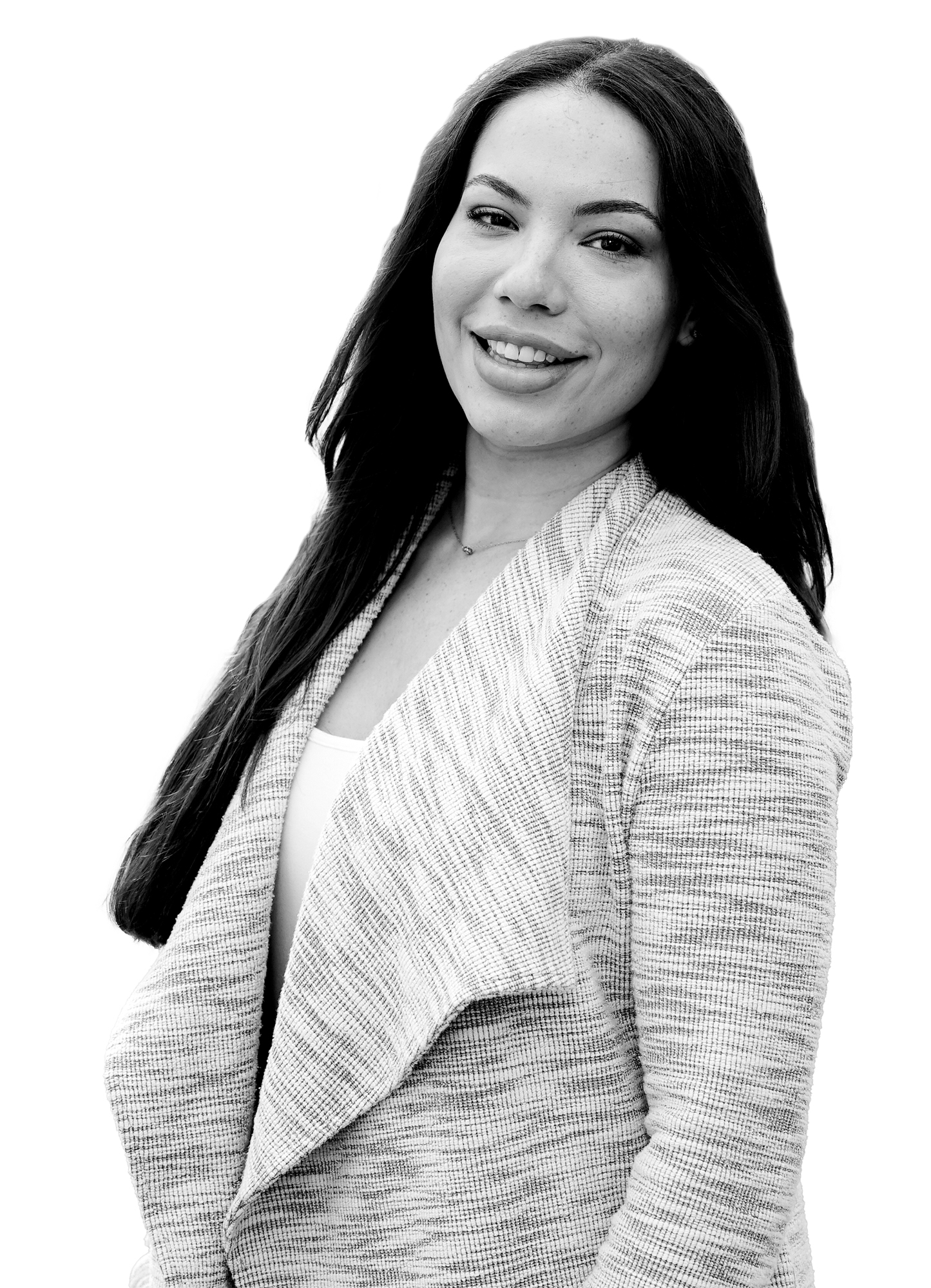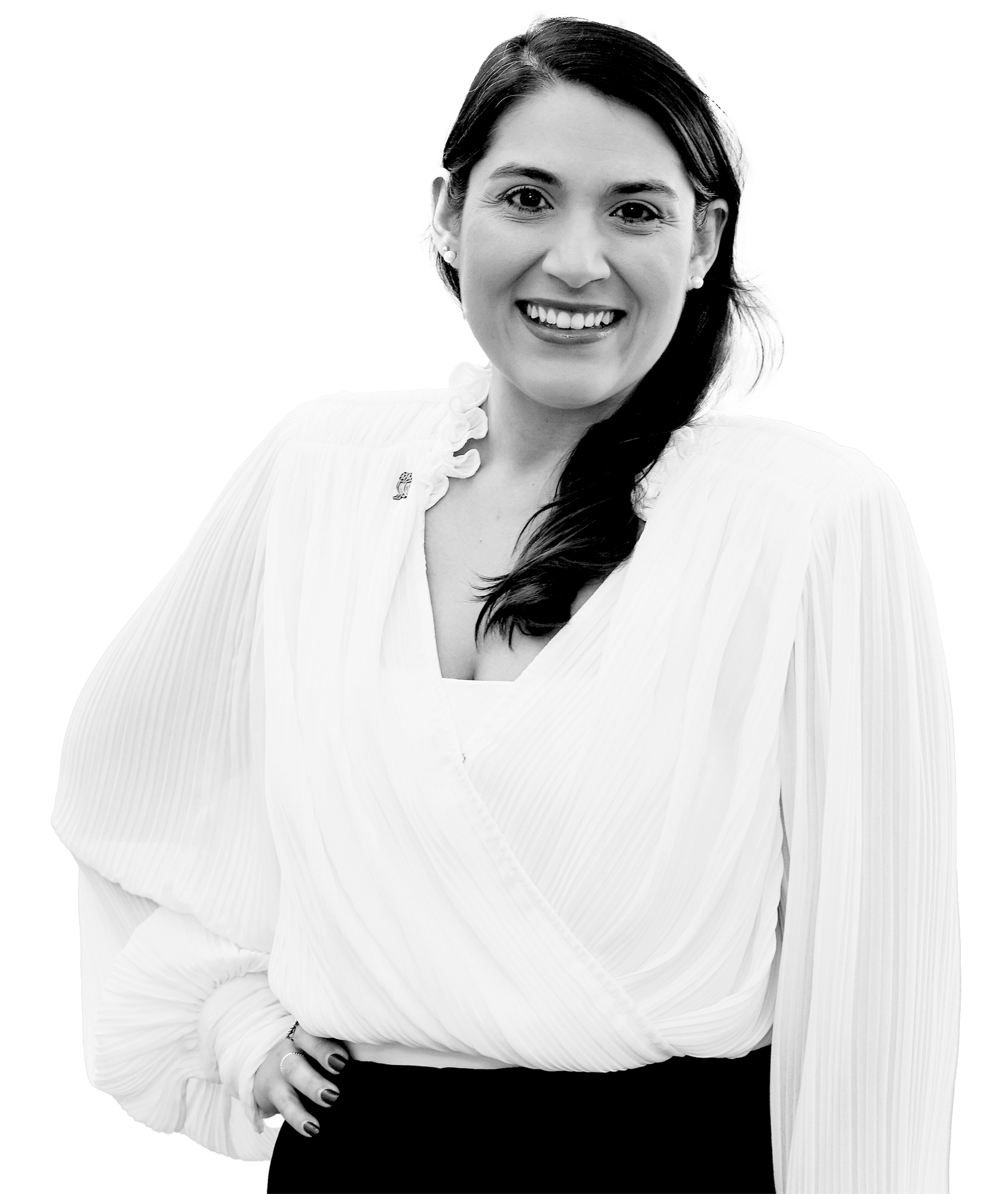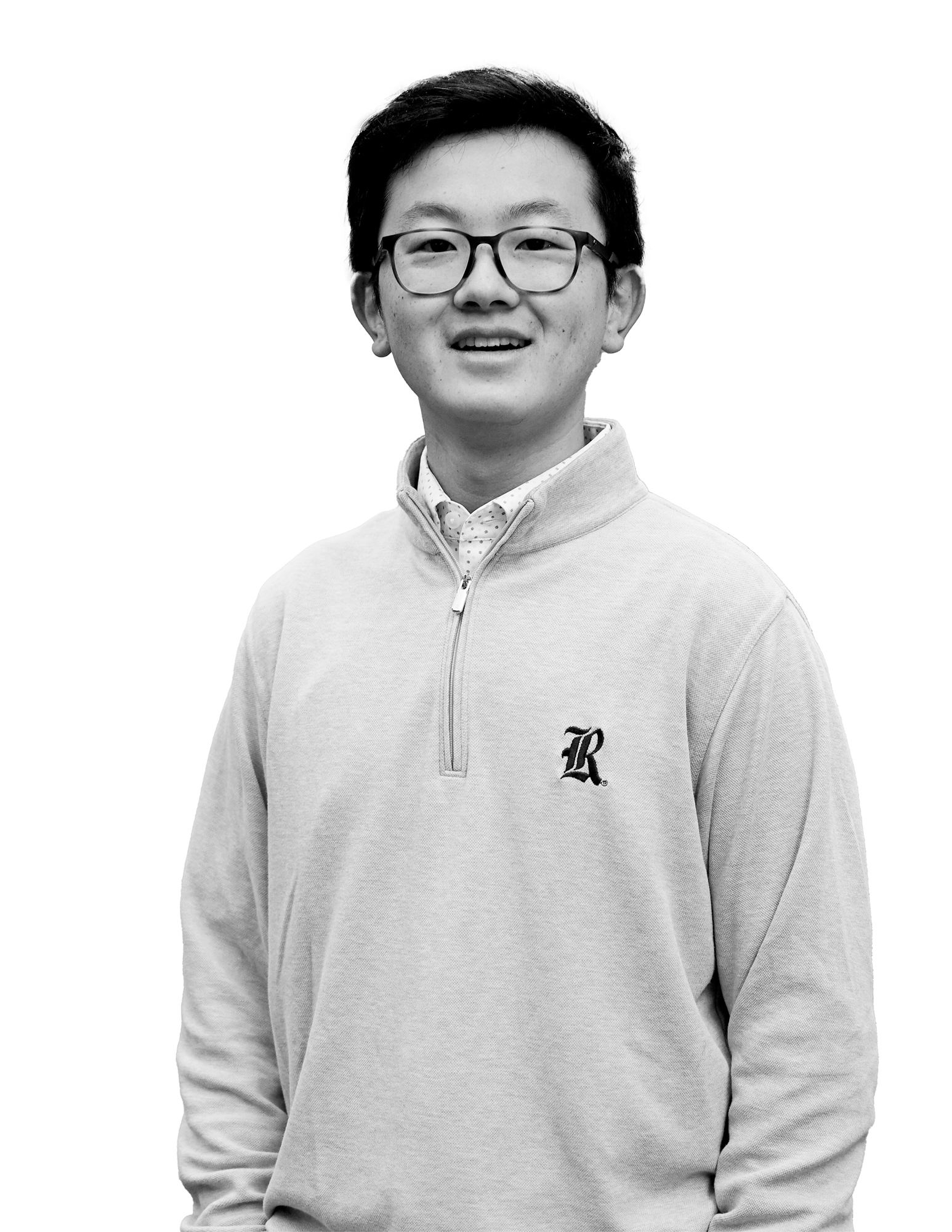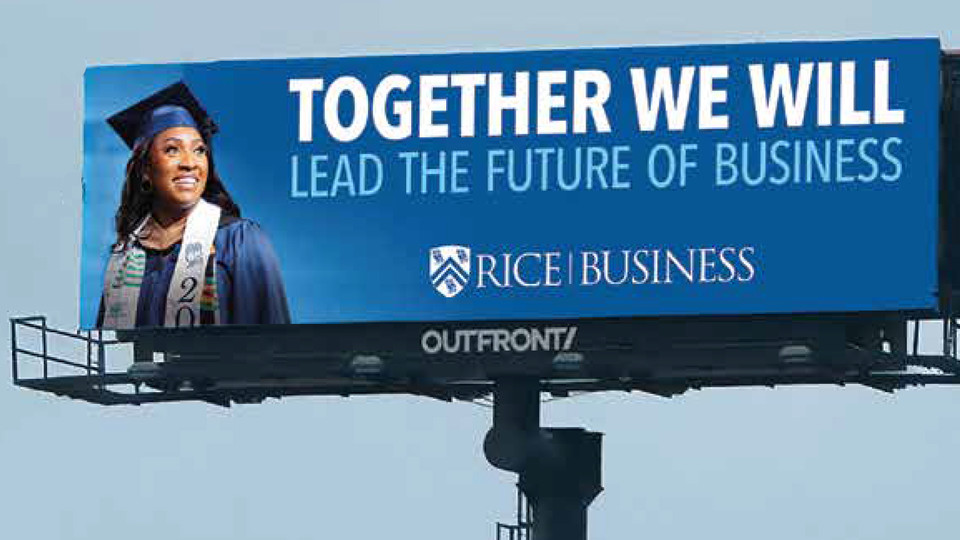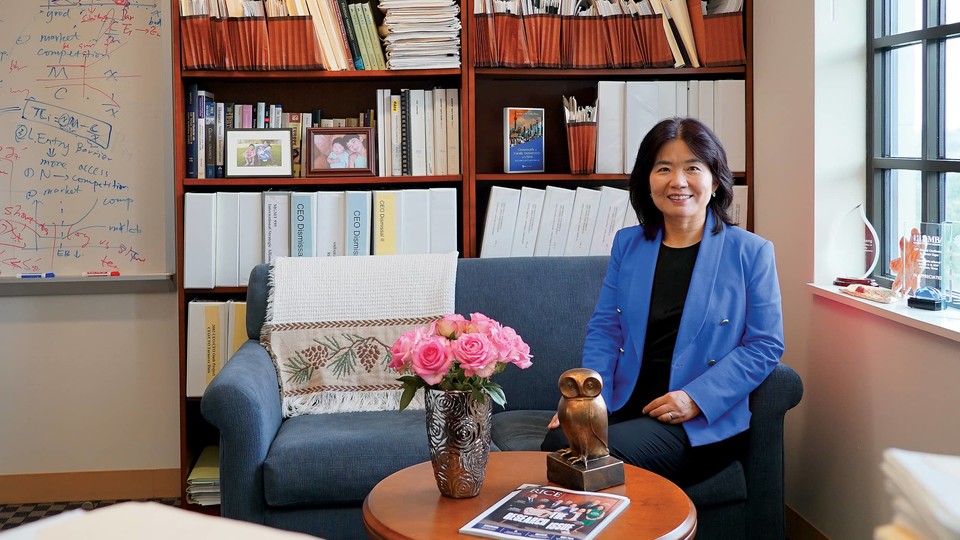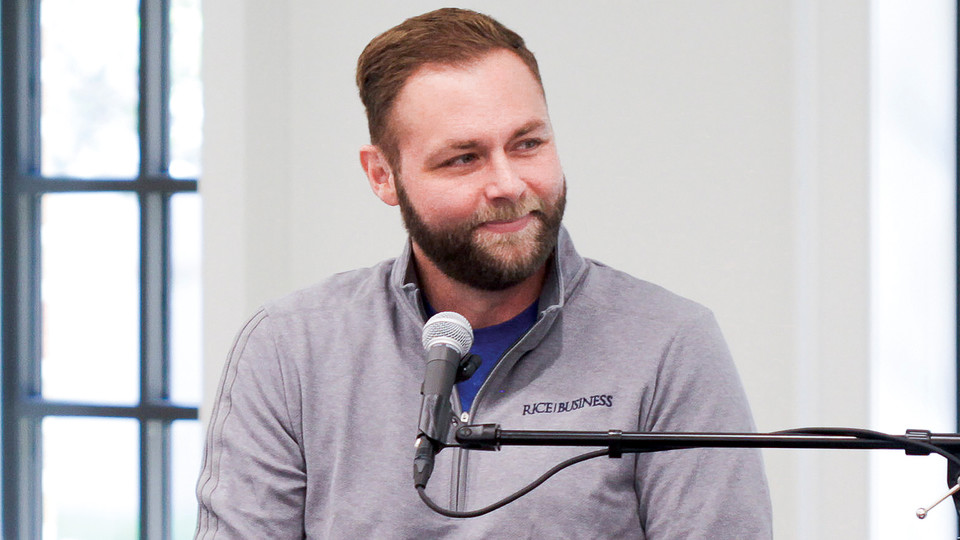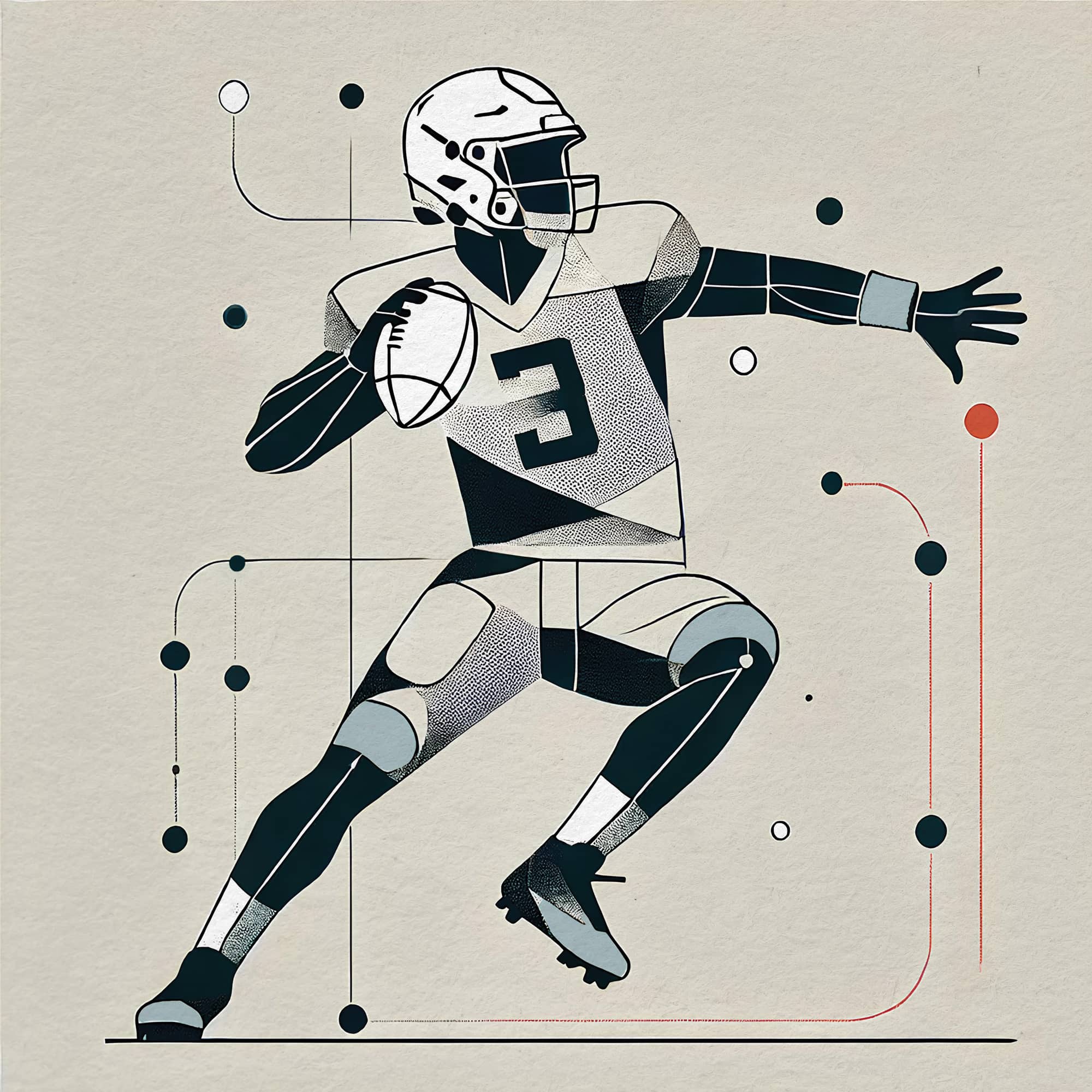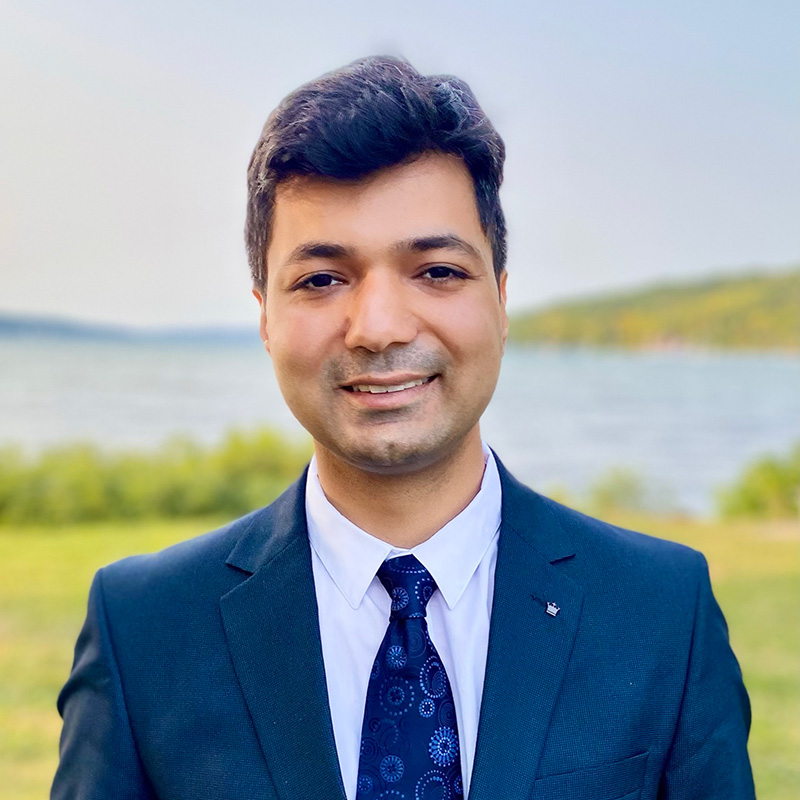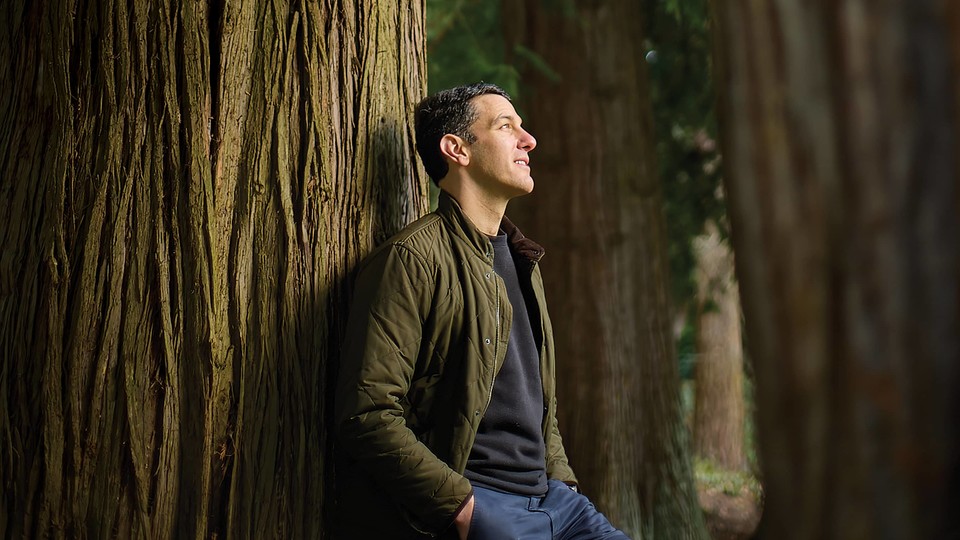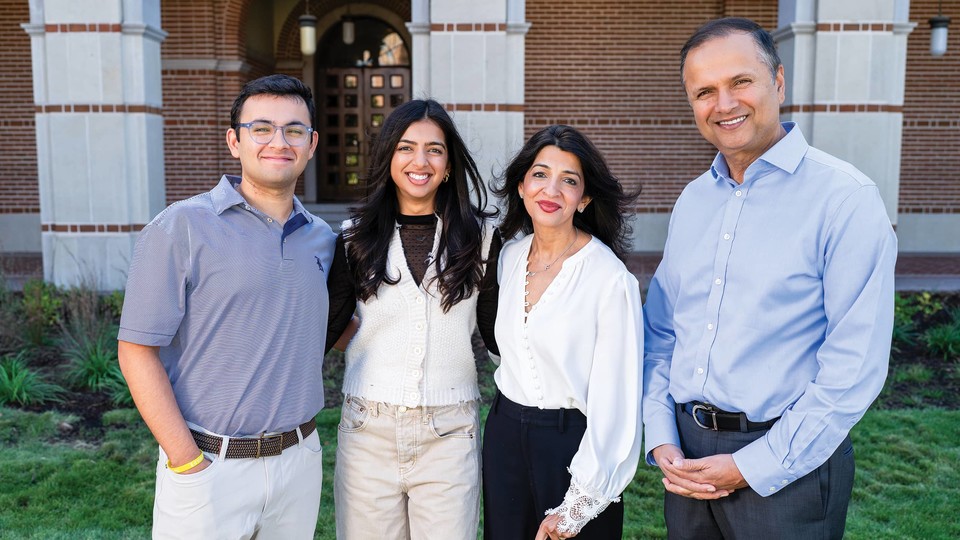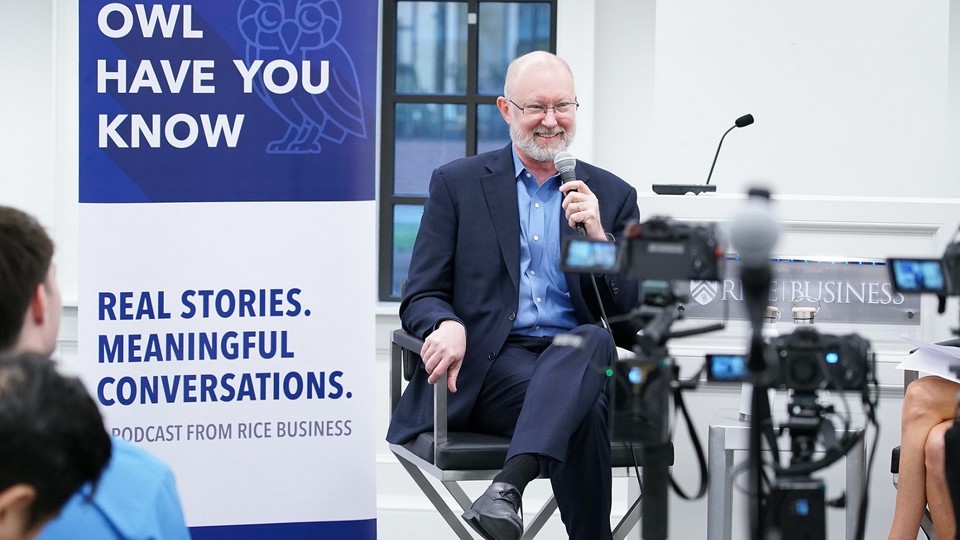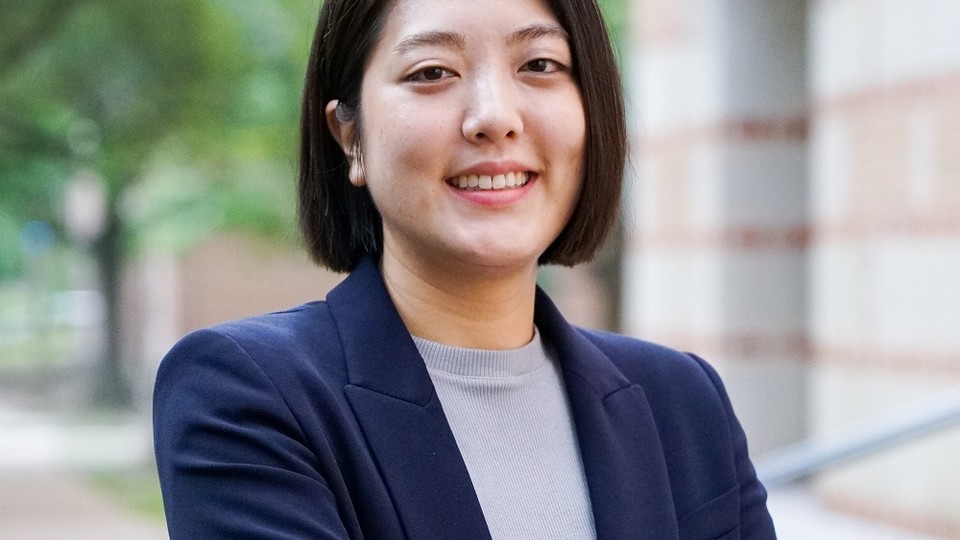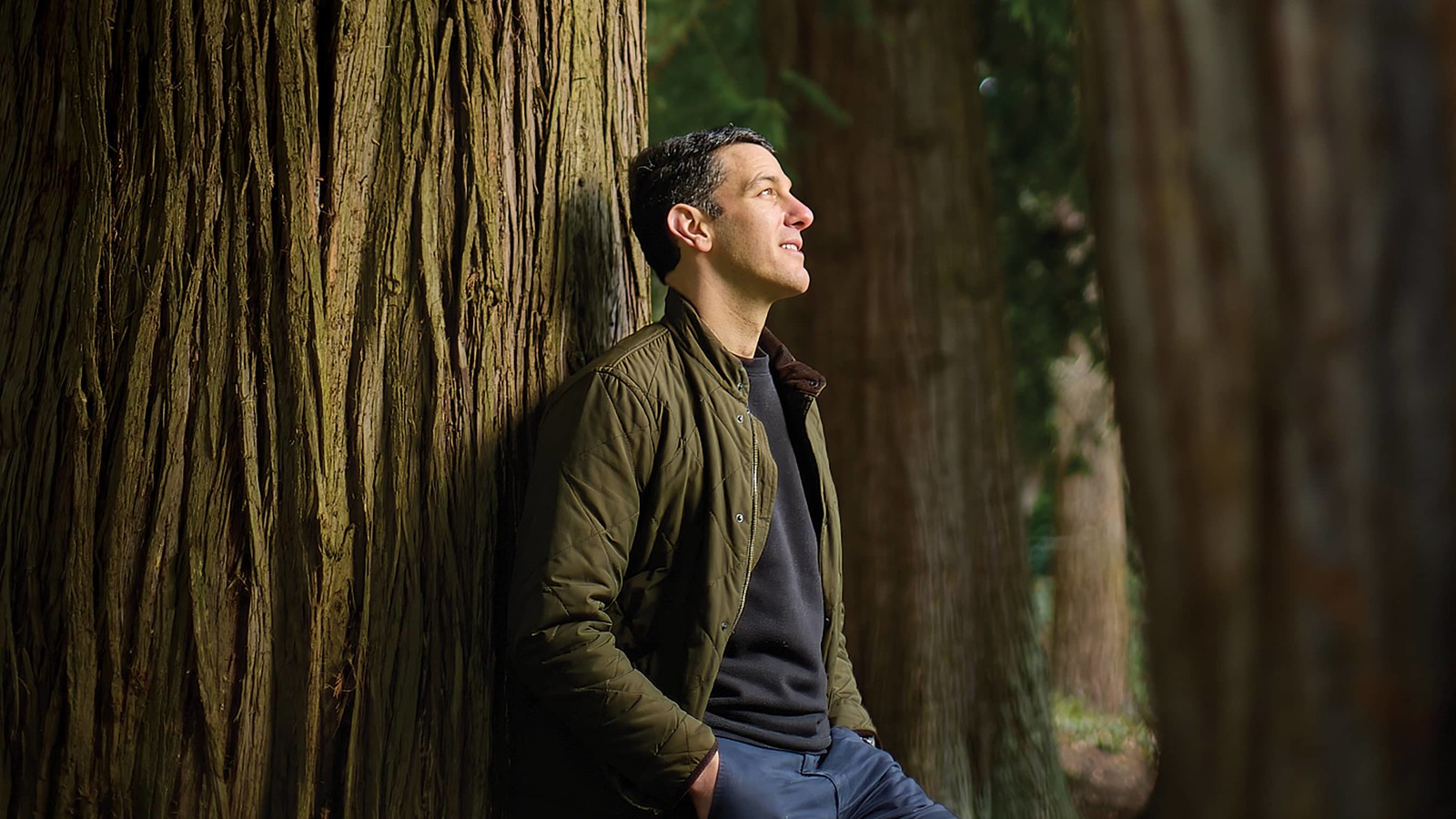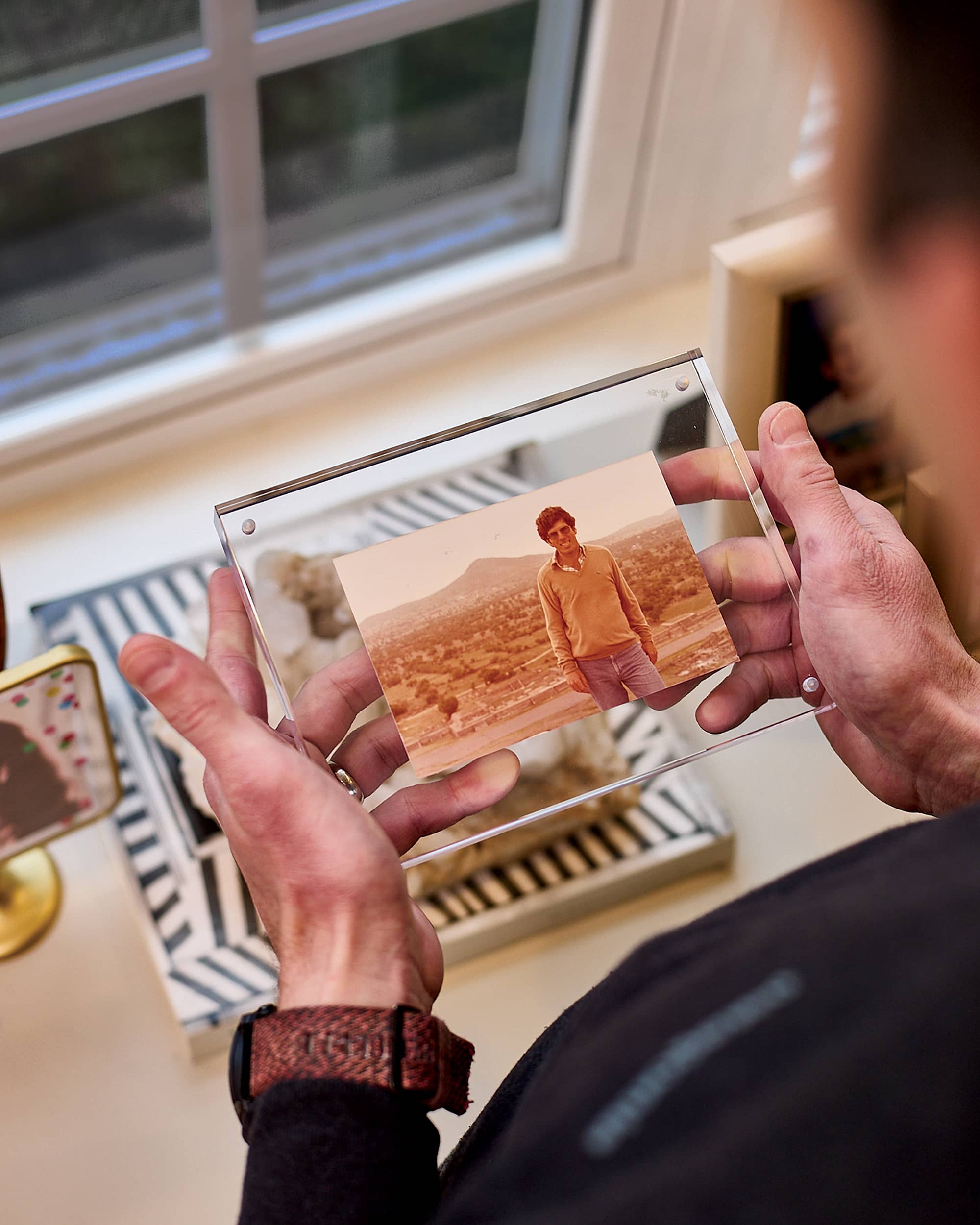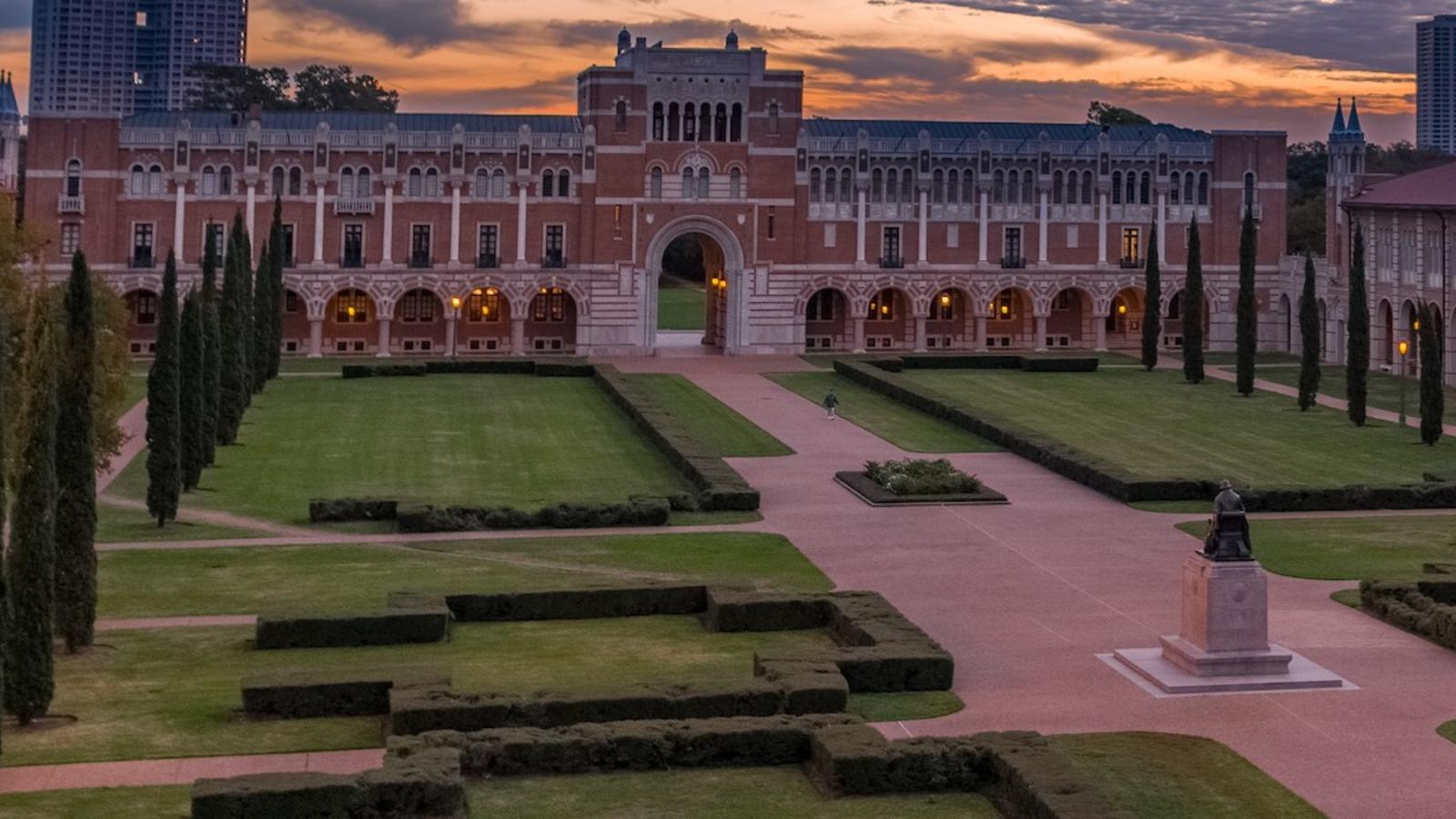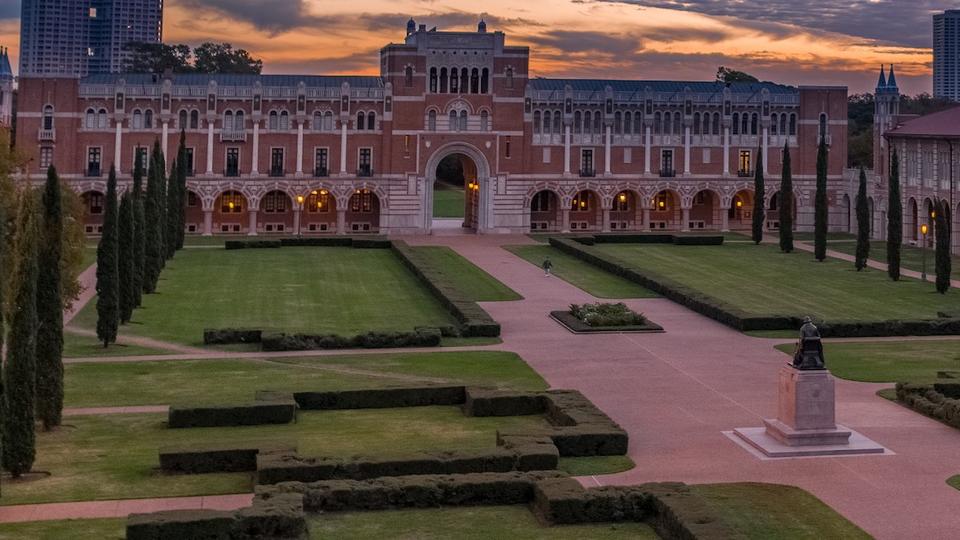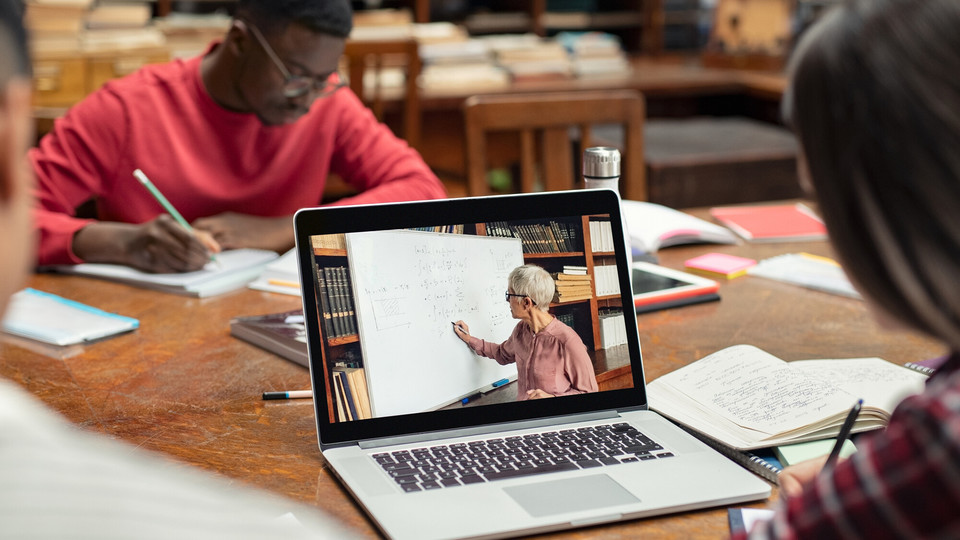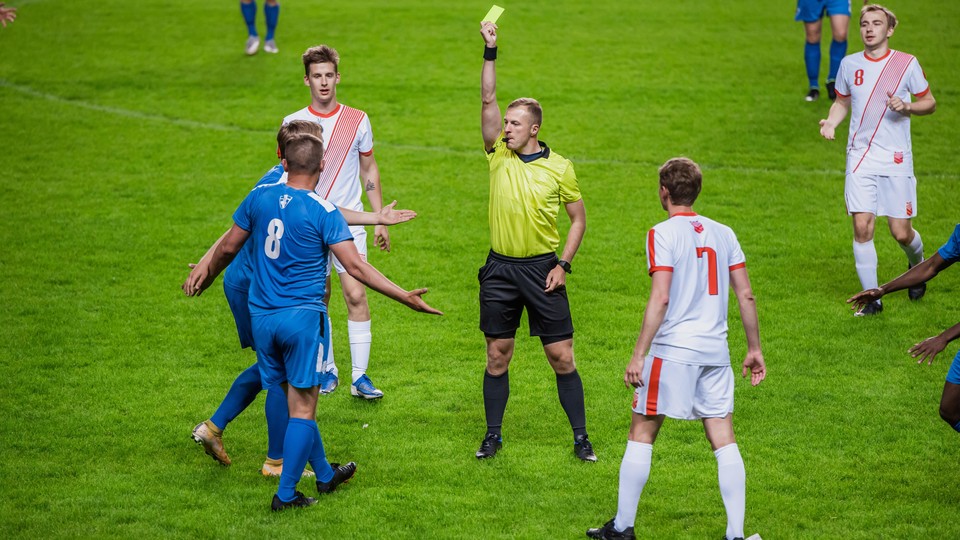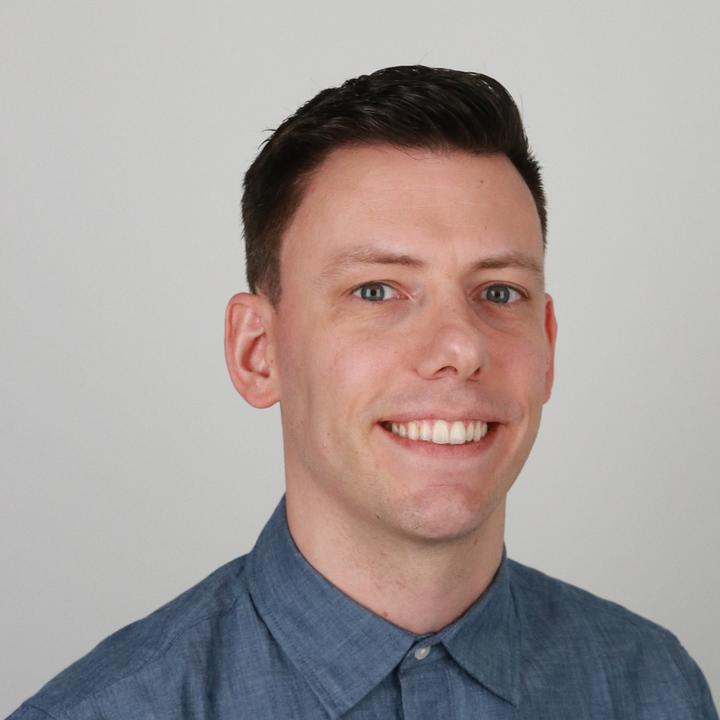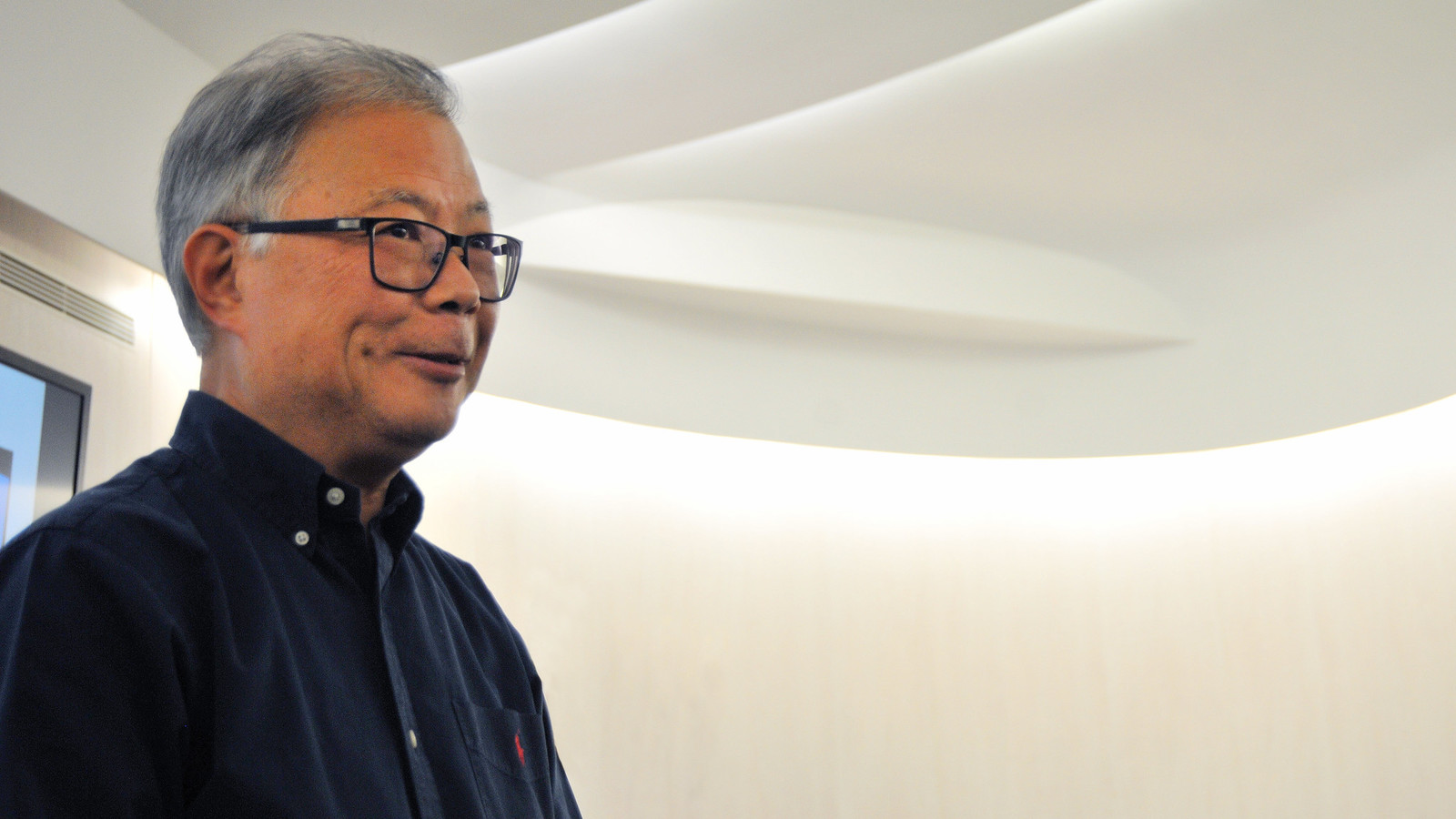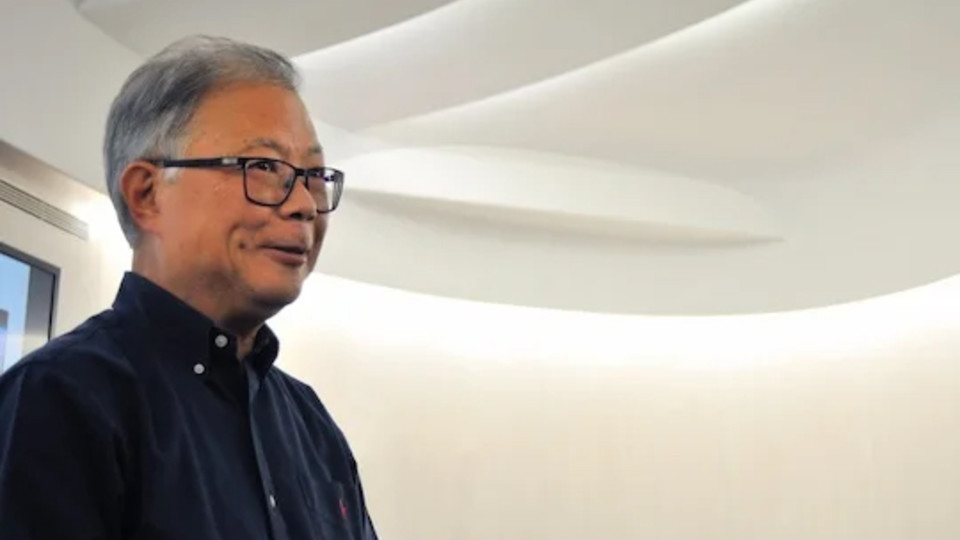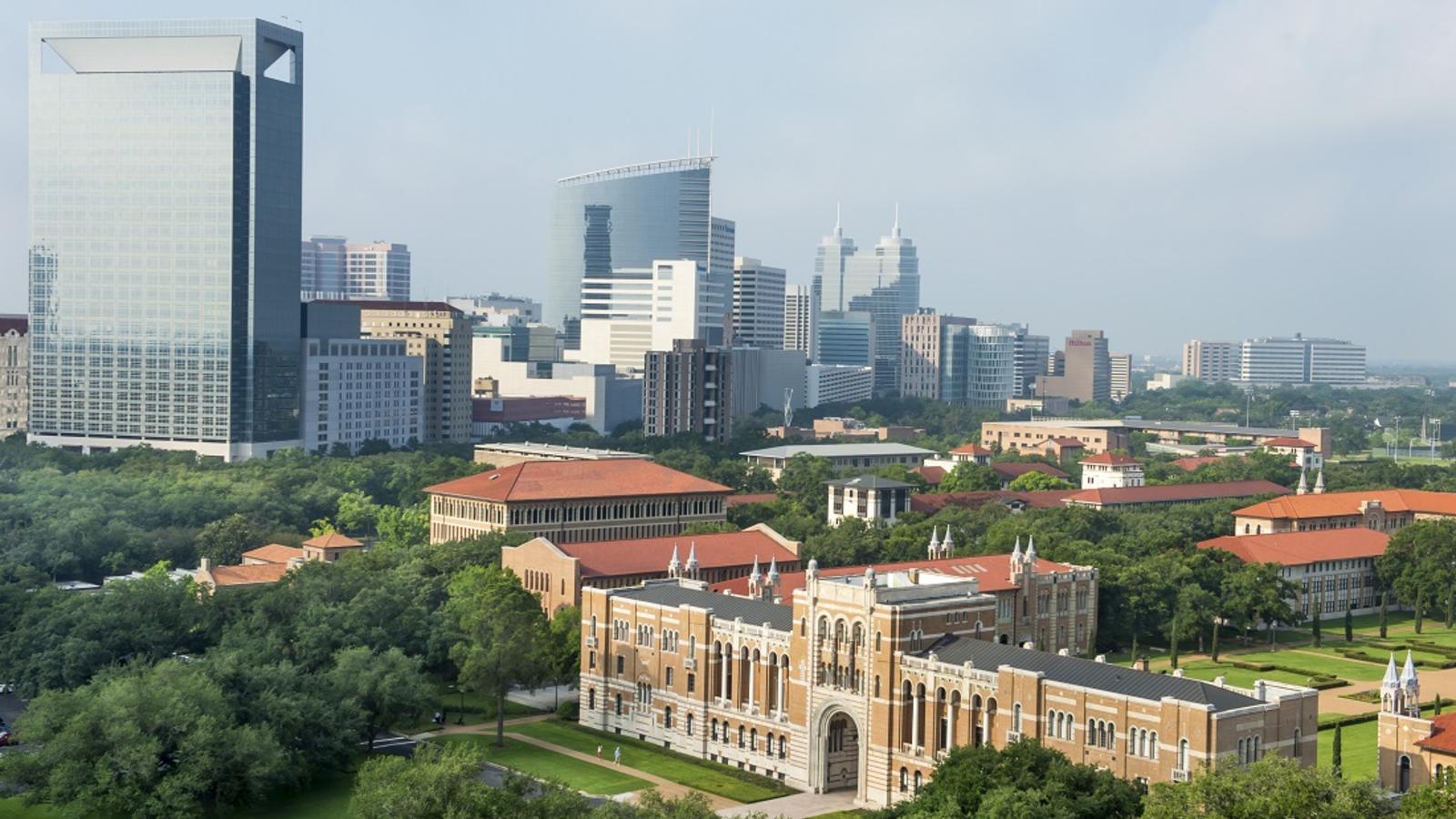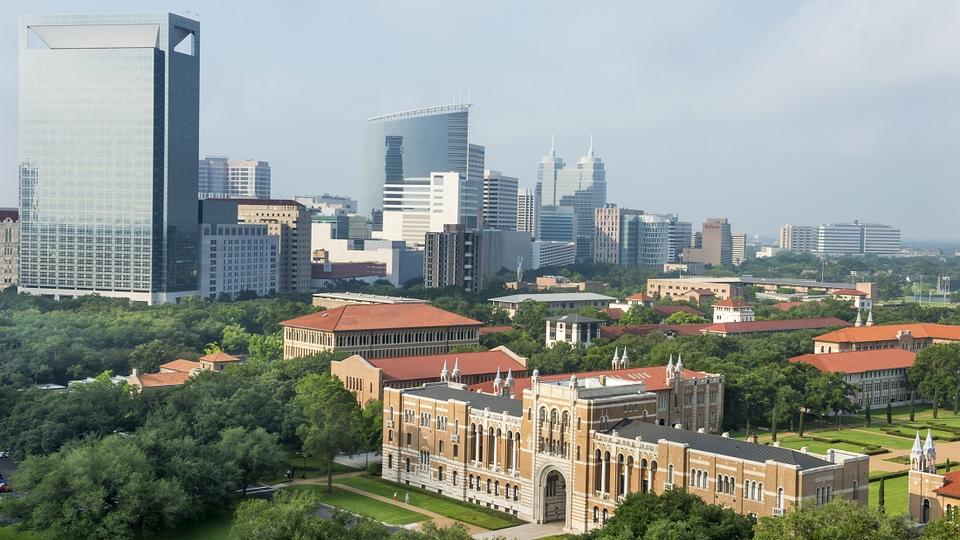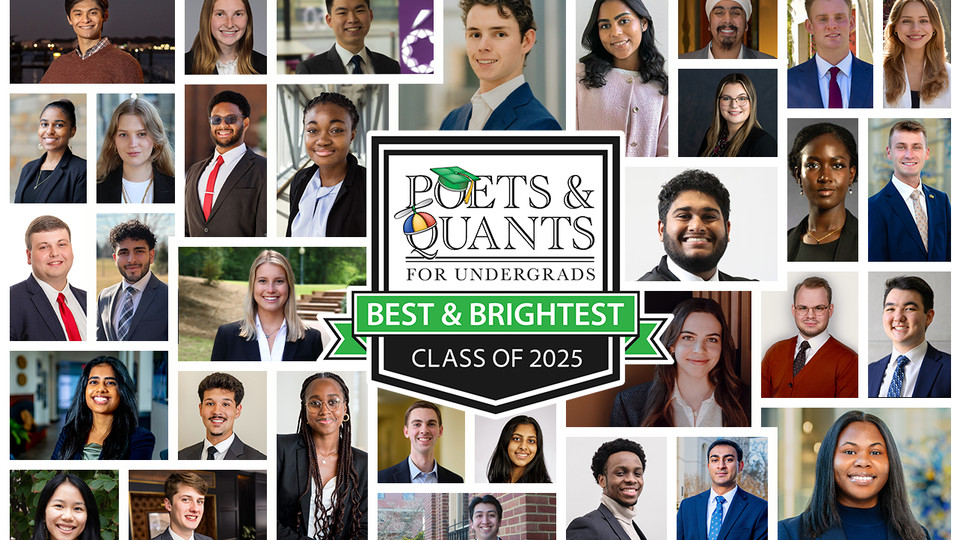[00:00] Maya Pomroy: Welcome to Owl Have You Know, a podcast from Rice Business. This episode is part of our Up Next Series, where faculty, researchers, and alumni weigh in on the trends currently shaping the world of business.
Hello, everyone! So thrilled to have you here. Welcome to Owl Have You Know, a podcast from Rice Business. I'm your host, Maya Pomroy, and a proud alum from the class of 2022. Today, I'm honored to speak with someone who has truly shaped and defined Rice Business, not just inside the classroom, but beyond, for the past two and a half decades.
James Weston is the senior associate dean for degree programs and the Harmon Whittington Professor of Finance. Since joining the faculty in 2000, James has dedicated his career to empowering students, to helping guide them through the complexities of corporate finance, and guiding and inspiring them to make meaningful contributions to our world. His impact is undeniable. He is a three-time recipient of the prestigious Alumni Faculty Award. That's a hard award to win. There's a lot of competition. So, winning it three times is a big deal.
His research spans critical topics, including banking, stock market liquidity, and risk management—also very timely today. He's published in numerous academic journals, been cited in congressional testimony, and is a legend in the world of finance.
James' research addresses real-world complexities. His most recent work with fellow Rice Business professor, Alex Butler, and University of Wisconsin professor, Eric Mayer, uncovered racial bias and disparities in auto loan pricing for minority borrowers, which we will also discuss this evening. We will discuss James's remarkable journey, including his entrepreneurial experience. I'm not sure how many of you know, but James owned a bar in Rice Village, which… I mean, I can't wait to talk about that. That sounds like a fun experience. We'll also talk about his research and his vision for the future of Rice Business.
So, before we begin, we'd like to ask everyone to please silence your cell phones and devices, and also let you know that, at the end of our conversation, we're going to have a question and answer session. So, please, have your questions ready. We're very much looking forward to hearing from you. And following the conclusion of our recording, we're going to have a reception. And we're inviting all of you to join us.
So, without further ado, let's welcome Professor James Weston.
[03:00] James Weston: Thank you very much, Maya. Thanks, everybody, for coming. This is my first podcast, so I'm very excited.
[03:11] Maya Pomroy: Mine, too.
[03:12] James Weston: Not true.
[03:17] Maya Pomroy: Well, we're thrilled to have you here. And I've very much been looking forward to talking with you, because 25 years is quite remarkable to be in one educational institution. I mean…
[03:31] James Weston: I can't believe it. Yeah, yeah, I can't believe it, every time I hear it, 25 years I've been here. This was my first job out of my Ph.D. program. I got my Ph.D. in economics at the University of Virginia. And typically, economists go to economics departments and Ph.D. business students go to business schools. So, it's a little bit of an arbitrage for an economist to go to a business school because it's about 30% more pay. And I typically, economists are a little too nerdy to teach in business schools. They don't always talk in full sentences.
But I had written a paper as part of my dissertation on modeling competition between Nasdaq dealers. And so, the industrial organization application in my dissertation was very much a finance topic. And I had gotten that paper published in the Journal of Finance, which is what business schools are looking for. So, I was able to make the jump and get the pay bump.
[04:22] Maya Pomroy: So, my… I want to, sort of, back up. So, when you were young, was finance and economics something that you always aspired to study? Because like I said, I wanted to be an astronaut. And did you always want to be an economist?
[04:37] James Weston: No, I wanted to be a chemical engineer.
[04:39] Maya Pomroy: Oh.
[04:39] James Weston: Yeah.
[04:40] Maya Pomroy: Okay.
[04:40] James Weston: Yeah. Yeah. And I had gone to college under the honors science program to do my chemistry major and do chemical engineering. And I found myself freshman year in the lab late at night pouring over data and thinking, "This is insanely boring. I hate this." And I had absolutely fallen in love with my micro theory class, and I told my dad that, like, "I don't want to just look at data all day. I want to study real-world questions. And I wanted to become a social scientist." And now, I look at data all day.
[05:16] Maya Pomroy: Well, you do other things, too.
[05:19] James Weston: I do.
[05:19] Maya Pomroy: You do other things, too. So, what were some pivotal moments that you have had, you know? So, you made that pivot, right, into the world of finance. And tell me about your early years. What was that like for you?
[05:37] James Weston: It was working, all the time—weekends and nights—to make tenure. When I first got here, I was working, working, working, working, working, working, working. Making tenure at a tier one research university is very, very difficult.
[05:54] Maya Pomroy: Sure.
[05:56] James Weston: And as hard as I work, I attribute an enormous amount of my success to dumb luck. Dumb luck in coming here. Dumb luck in meeting Gustavo Grion and Alex Butler, who were my lifelong, sort of, friends and co-authors and research collaborators. And those are very hard relationships to find and form. And we just got lucky. It's, like, a little bit like mining for gold, you know. You dig, dig, dig, and you pan, pan, pan. And a lot of times, you just go home poor. But we dug, dug, dug, and we pan, pan, panned.
[06:26] Maya Pomroy: And you didn't go home poor?
[06:27] James Weston: And we found a nice vein. And we were able to mine that into a series of publications that led to a tenable record. But I really do credit a huge amount of luck in that.
[06:33] Maya Pomroy: I think a lot of people do. I think that, you know, luck is part of what makes people successful. And you have to be at the right place, at the right time, with the right people, and all of those different variables matter.
[06:44] James Weston: Yeah. I consider myself extraordinarily lucky, yeah.
[06:47] Maya Pomroy: So, tell me about your background, because you did spend some time at the Federal Reserve, along with, you know, someone else that we know, Dean Rodriguez.
[06:54] James Weston: Yeah, that's right. That's right. After college, I interviewed. I really wanted a job in investment banking. And so, I interviewed with all the top banks on Wall Street. I'd done really well, made good grades. And, you know, I could put on a suit and talk to bankers. But I didn't get any offers. Even though I had set, you know, the late round interviews with all the major Wall Street banks, I didn't get any offers. And then the Fed made me an offer. And the guy who called me, Dave Barker, who was pivotal in my sort of career, was a Chicago Ph.D. economist. And he just, and he… and I said, "Yeah, I was, kind of, disappointed I didn't get any bank offers." And he is like, "You're not a banker. They knew once they got to know you that, like, you don't want to do deals, you want to study stuff, and, like, that you belong at the Fed." And so, like, I wound up in the right place. The labor market is pretty efficient sometimes. It knew better than I did. It knew better than I did where I belonged.
[07:50] Maya Pomroy: Did you have some mentors that you could share with us that really… I mean, that really helped guide you to where you are today?
[08:00] James Weston: Yeah. In high school, my sophomore year, my chemistry professor, Mr. Clancy, told me to stop smoking weed and cut in class and put my nose to the grindstone. And I didn't belong… hanging out in the back of the high school. I belonged in the lab. And he really read the Riot Act to me and made me join the science olympiad. And he called my parents at home and convinced them to make me join the science olympiad, which I was very angry at Mr. Clancy for doing that.
So, I joined the science olympiad. And I was like, "This is the dorkiest, dumbest, worst thing that's ever happened to my entire life. And I hate everyone." And I had just an absolute blast hanging out with the nerds. And I realized very quickly that, like, "This is… I belong here much better. Like, this is a much better fit for me, hanging out with the nerds."
[08:51] Maya Pomroy: You need to let Mr. Clancy know.
[08:53] James Weston: I did. I wrote him a letter.
[08:54] Maya Pomroy: Okay, as long as he knows. So, your time here, you know, you've won multiple awards. And, you know, like I mentioned, those are very competitive awards. You know, to win three times is a really big deal. So, what is it that you think in the way that you teach really resonates with students? Because you really are [crosstalk 00:09:18].
[09:18] James Weston: It's really hard for me to answer that. In fact, I, sort of, can't answer it. I believe this in my heart so deeply. I have never met the person that teaches my class.
[09:29] Maya Pomroy: Wow.
[09:30] James Weston: That's some other person. That persona takes over when the lights go on. And I don't know who that is.
[09:38] Maya Pomroy: Wow.
[09:39] James Weston: I don't know that I like them.
[09:44] Maya Pomroy: Well, your students do.
[09:46] James Weston: But they're successful.
[09:47] Maya Pomroy: Your students absolutely.
[09:50] James Weston: I'm really mostly serious in that. Like, I don't know that personality. It's a personality that jumps out onto the stage like a performer when they play a role. If you ask somebody, you know, who plays Othello, "Are you really Othello in real life?" They're like, "No, that was a play dude. Like, that was me acting a script." Like, that's what I feel like. When I watch videos of myself teaching, I'm like, "Oh, my gosh, I don't know who that person is."
[10:09] Maya Pomroy: So, over the 25 years of your teaching here, can you tell me some stories about some students that stand out to you, that have gone on to do amazing things and have come back, you know?
[10:23] James Weston: Oh, my gosh, that could take up the whole night.
[10:22] Maya Pomroy: Okay, [crosstalk 00:10:23].
[10:24] James Weston: Like, some of my alumni are here, you know, Christine and Kevin and people, Mark Rudkin, like, a whole bunch of my, you know, alums that, you know, have become incredibly good. I'm godfather to, like, three different alumni's kids.
[10:39] Maya Pomroy: Wow.
[10:40] James Weston: Yeah. Like, because I really, really enjoy my students and I really enjoy getting to know them and forming relationships with them and hanging out with. It's one of the… it's the dividend from teaching adults. When you teach undergrads, you can't go grab a beer. Well, you shouldn't go grab a beer with them after class. But with grownups, you can. And when I started here, you know, I was 30. I was younger than some of my students. And so, they would always joke and try to card me at the bar, you know.
[11:16] Maya Pomroy: [crosstalk 00:11:16].
[11:17] James Weston: Yeah. But it led to a whole number of business ventures. I've owned real estate with some of my alums. I'm in a business right now with one of my alums and Snoop Dogg.
[11:25] Maya Pomroy: Okay, so let's talk about that.
[11:27] James Weston: Yeah. One of my alums from, maybe, a decade ago, Richard Gout, is into pressing rare vinyls. And he needed a little bit of factoring bridge financing. And so, he put together a group of his friends to give him financing to go and pitch to Snoop to get the IP for Death Row Records, some of their really, really old releases that aren't in vinyl. And he wants to put the vinyl on them and sell them to collectors for a very high price. And so, it's a cool little business that I'm now a part of with Snoop.
[12:00] Maya Pomroy: So, when are you expecting your ROI?
[12:03] James Weston: The payback on that is about 90 days because it's just rolling credit at about a 15% IRR. How could I say no?
[12:12] Maya Pomroy: Well, my next question is, are you looking for additional investors?
[12:16] James Weston: Not at this time.
[12:19] Maya Pomroy: That's a bummer. But when you are, you know, you'll let us know.
[12:22] James Weston: But I love doing stuff like that. I love scrapping around with alumni that have interesting ideas.
[12:25] Maya Pomroy: Yeah, no, for sure. There's so many fascinating people that have come out of Rice Business and that continue to. So, that's one of the beautiful things about this program. And it is one of the top five finance programs in the country. So, why do you think that is? There's so many amazing schools, but Rice really does stand out. It's considered one of the New Ivies. And what do you think has transformed in the past 25 years?
[12:54] James Weston: Well, I think, what I saw when I came down here 25 years ago was the fourth largest city in the U.S. without a top business school and the second largest Fortune 500 headquarters location in the country. And how could it not have a top business school with such an incredible demand for secondary education and an MBA degree? It seemed like, if we didn't execute to become a really good business school, that we had screwed it up. I mean, that was Rice's fault, because really all the macro, all the edifice was there. We just needed to execute. And so, getting the right people in place, building the right administration, building the right faculty, and the right curriculum, it was almost too easy. It was like fruit laying on the ground. From my perspective 25 years ago, I was like, "This is a school that has just perched to take off." How could it not? Unless we just really screw it up.
[13:47] Maya Pomroy: Well, I don't think you screwed it up.
[13:49] James Weston: On wood.
[13:48] Maya Pomroy: Yeah. Knock on wood, for sure. So, going on to the research that you did with Professor Butler most recently. That was fascinating in terms of auto loan, you know, the lending and the price differentials for minorities and, you know, in comparison to non-minorities. Could you go into that research?
[14:18] James Weston: Yeah.
[14:20] Maya Pomroy: First of all, what made you interested in auto loans, to begin with?
[14:18] James Weston: Yeah. So, I had watched many years ago a reality show called King of Cars. I don't know if anyone ever saw the show, but it's one of these, like, pawn wars or, like, you know, the pawn store people or the storage wars where they bid, like one of those types of shows. And they were following people around car dealerships. And I had gone to the… once I watched one and watched the consumer, sort of, in the financing office negotiating with the auto loan officer, I was fascinated.
And so, I had, kind of, like, I had put it on my corkboard that, like, you know, think about this down the road. And then in conversations with Alex and Eric, we had started talking about studying auto loans. And I was fascinated because I had downloaded both seasons of King of Cars and just fast-forwarded through to, like, the finance dealership negotiations because it was super interesting. And all these consumers kept saying, like, "Hey, you have got to get me into this car." And they're like, "I can't get you this car. I can't get you this car. You have got to..." And they wouldn't haggle over the price of the car, they were haggling over, "You gotta get me to $400 a month."
[15:26] Maya Pomroy: Right.
[15:27] James Weston: And then the finance officer is like, "I can't do 400 a month." And then they're, "Well, I could do this, I could do that." And then the consumer would walk out of the dealership finance office with, like, "I got $400 a month. I got 400." He's like, "Yeah, but you're paying 15% for the next 40 years. Like, this is the worst loan I've ever seen anyone for a car.”
[15:47] Maya Pomroy: [crosstalk 00:15:47].
[15:50] James Weston: You got the car, and they got them for $400 a month. And it made me think that the purchaser of the car was not a very financially sophisticated person dealing with a finance officer who was a very financially sophisticated person and that was an opportunity for a lot of subjective decision making on the part of the dealership's finance officer. And that means, when no one is watching, there's a lot of opportunity for bad behavior. And there is no one watching.
When you apply for a mortgage, every spotlight of the regulatory system is looking at you. Every single thing about your mortgage application is reported to the Fed and scrutinized heavily. When you walk into a dealership's finance office, the lights are off, and no one is watching what happens in that room. It is seedy.
[16:34] Maya Pomroy: It’s very seedy. Very seedy.
[16:35] James Weston: Yeah. And so, when we got into this paper, really, no one in social science had written very much on auto lending or its consequences or the discrimination aspect that we were studying. And it's because there was no data. Because there's no regulation, because there's no reporting requirements, there really is no data availability.
[16:54] Maya Pomroy: Why? I'm just curious as to why there is another, you know, aspects of loaning but not cars?
[17:01] James Weston: Write your congressman. So, the answer to why there's so much data and transparency in mortgage lending is the Home Mortgage Disclosure Act that was passed in the late 1980s. And the data collection started in the early ‘90s.
[17:15] Maya Pomroy: And what prompted that?
[17:16] James Weston: Widespread evidence of housing discrimination. That was anecdotal. And, you know, constituents coming to their congressmen, people complaining to the consumer reporting board, people complaining to the better business bureau. But it was anecdotal and haphazard. And once the data was collected, there was widespread evidence of discrimination in mortgage lending. But once that evidence was presented, that discrimination started to attenuate. Like anything, when you put the bright sunlight of transparency on something, people's behavior and incentive change. So, the reporting structure then changed people's behavior because they knew they were gonna be observed if they were making… and when I was at the Fed was when the Home Mortgage Disclosure Act was passed, and I was one of the first economists to run those studies of discrimination in the mortgage market when I was in banking studies at the New York Fed.
[18:06] Maya Pomroy: So, maybe that's one of the reasons that you...
[18:09] James Weston: Oh, absolutely. I had a lot of familiarity with the issue. Yeah. When I was at the Fed, we could identify loan officers in the data set. And we could say, “There it was.” You could say, like, "That loan officer never makes… never approves a mortgage to a minority."
[18:22] Maya Pomroy: That's a bad apple.
[18:23] James Weston: That's a bad apple.
[18:25] Maya Pomroy: So, let's elaborate more on these car loans. So, give me an example of the difference between a minority auto loan price [crosstalk 00:18:35].
[18:38] James Weston: Yeah. So, the way we got to this research question was we had a great database from Experian on everyone's financial histories, with millions and millions of consumers, and every single thing about them. And then in the whole mortgage disclosure data, we had every mortgage application. In the Experian data, we didn't have anything about their demographics. So, we didn't know man or woman. We didn't know their race. We didn't know anything about them, except the zip code where they applied for the mortgage, and how much they were borrowing. In the Home Mortgage Disclosure data, we have all the… we have the full application. So, we know the gender, we know the race, we know everything about them, education, age, everything.
[19:18] Maya Pomroy: Because you have to, right?
[19:19] James Weston: Yeah. And so, then the question was, how do we juxtapose those two data sets in a way that we can, sort of, link the two? And we'd link them by the house. So, in the mortgage application, we know the zip code, we know the month that they applied for the mortgage, and how much they were borrowing. And then over in the Experian data, we had whether or not they had a mortgage, when the mortgage was originated, the zip code that the mortgage was… where they lived. And we knew the amount of the house principal.
So, then the question became, how many? In the 77005 zip code in March of 2025, how many housing transactions went off at $437,000? And we were wondering, like, "How many are we going to get when we try and juxtapose these two data sets?" And the answer was, we got almost all unique matches. Because houses go off at odd intervals, we were able to get hundreds and hundreds of thousands of unique matches. So, then we had all, from the Experian data, everything about their car loans, linked to their demographic information from their mortgage application. And we were able to dig in and study whether or not, when they applied for an auto loan, people were rejected more on the basis of their race. And we found widespread evidence of discrimination.
So, you would have to have, if you applied for a loan as a black or Hispanic borrower, you would need an additional 50 points on your credit score to have the same probability of acceptance as a white borrower. That's a huge difference. You could fill the Super Bowl stadium every year with minorities denied having the same credit quality as a similar white borrower. If they were accepted, if they got the mortgage, if they got the car loan, they paid about 75 basis points more on their auto loan than a white borrower with the same credit characteristics.
Now, you could say, as people sometimes do, that this is evidence of, not discrimination, but statistical discrimination, which is a fancy way for economists to say, like, "It's not evil in the hearts of men. It's just that, you know, minorities are not as good credit quality in some other dimension that you don't observe." And so, race is sort of proxying for these other softer credit quality issues that the loan officer knows about but you, as the econometrician, can't see.
So, it's an explanation that we didn't think was true. But we all have things and thoughts. But that's not what goes into a scientific paper. With the Experian data, what we're able to do, which no other researchers were able to do, is study the future performance of that borrower. Because if it was statistical discrimination and they really were worse in credit quality on some unobserved dimension, the loan should perform worse. You should see more delinquencies. We see fewer delinquencies.
So, the outcome test, which is what we call it in economics, to really put the nail in the coffin on discrimination, sailed through for us. So, then we were able to say, "Let lower approvals, higher interest rates. But the loan actually performs better. That's clear smoking gun evidence of discrimination. So, that's why we got the paper published in our very top Journal in Finance as the lead article in the editor's choice because it was really the first really hard evidence of discrimination in auto lending and social science.
[22:45] Maya Pomroy: So, now that you have this evidence, what would happen?
[22:48] James Weston: Hopefully, there was some movement in the Senate Banking Committee to improve disclosure for auto lending. There was a bill that made it, not out of committee, but was circulating getting ready. My sense is that we're going to have to be a little patient on that. I don't think there's a big move towards increase. I mean, this is a relatively light regulation because it's not… really, all it is a reporting regulation, which is a relatively low regulatory burden in the grand scheme of things.
But my hope is that the Senate Banking Committee continues to take action on it. And we see more, just something similar to the Home Mortgage Disclosure Act, where auto dealers just have to report. They have a spreadsheet and you just have to send it to the Fed the way every bank does with every mortgage application. And hopefully, that transparency attenuates the discrimination the way it largely did in home mortgages.
[23:45] Maya Pomroy: But it took time.
[23:46] James Weston: Yeah, it took time. Yeah, it took time. It was a 10-year process to get the Home Mortgage Disclosure Act passed. It'll probably take that long on auto lending. And we're not the only voice in this choir. There's lots of other people now that are, sort of, jumping on the bandwagon.
[24:00] Maya Pomroy: Right. Let's switch gears a little bit, so, to something, you know, more fun. Let's talk about you owning a bar in Rice Village. Because I mean, after listening to that, I, kind of, want to drink. So, challenging to listen to that. So, what made you decide that you want to open a bar?
[24:24] James Weston: I got it at a fire sale price. That really… I didn't wake up in the morning wanting to own a bar. But my friend, Hans, had owned Hans' Bier Haus over in the village. Maybe some of you guys remember that place. But he got out of that very quickly. And Kelvin Arms was open for an operator because they had just closed. The previous operator had embezzled money and left the country.
[24:59] Maya Pomroy: [crosstalk 00:24:59].
[24:59] James Weston: And so, the landlord was looking for a new operator, and Hans came in and needed a little bit. He didn't have two nickels to rub together, so he was raising some money from some friends. And so, I bought a minority stake in the bar from Hans.
And, you know, one thing leads to another and Hans had decided that he wanted to open a Viking restaurant across town. And I'm going to say that again, Hans had decided that he wanted to open a Viking restaurant across town. And I want you to picture what a Viking restaurant looks like. And I want you to picture... You think of how many people on an average night would go to the Viking restaurant, and whatever number you are thinking is way too high. So, what do you do when your Viking restaurant is about to go belly up, but you know that, next month, everybody's going to start coming to the Viking restaurant? You go and you get a payday loan.
[25:51] Maya Pomroy: I remember those.
[25:53] James Weston: Yeah, from Eagle First Financial Corp in Brooklyn.
[25:57] Maya Pomroy: It sounds legit.
[25:58] James Weston: Sounds totally legit. And what do you do when that loan comes due but your Viking bar hasn't turned around, but you know it will next month?
[26:06] Maya Pomroy: Always next month.
[26:07] James Weston: Yeah, you go and you get another one-
[26:12] Maya Pomroy: Right, right.
[26:13] James Weston: … for twice as big. And then you do it a third time. And then you come to your partners at the Kelvin and you say, "Hey, guys, I got bad news for you. I owe $250,000 to Eagle First Financial Corp. And I probably should have told you this, but I didn't tell you this, but I put it on your bar,” which was a sad story. A sad story.
But I had already seen, you know, kibitzing from the bartenders in cases of whiskey leaving out the back door, so I had, kind of, known that, like, the things were going south at the Viking restaurant. So, I had already talked to the landlord at our bar and said, "Hey, Mr. Wilson, if things ever go south, like, don't put a lock on the door. Just, here's my cell phone, call me." And he's like, "Whoa, whoa. What do you know? What's going on?" And I'm like, "Nothing, nothing, nothing. Just, like, if anything ever goes wrong, like, just call me." So, sure enough, he calls me and he’s like, "Hans is 90 days past due on rent, and I'm putting a lock on the door." And so, I went over with one of my other partners, Timmy the lawyer.
[27:08] Maya Pomroy: That's good. That's good [crosstalk 00:27:08].
[27:08] James Weston: You got to have Timmy the lawyer. And so, Timmy the lawyer says, "Well, here's what we'll do." He's like, "You know, according to the lease agreement, you can seize property, plant, and equipment for nonpayment. So, why don't you just seize all the bar stools and all the whiskey on the shelf and..."
[27:22] Maya Pomroy: What's left.
[27:23] James Weston: Yeah, what's left, because there was no asset at the bar. It's just the lease. The lease is the asset. So, we seized everything and we wrote up a new lease that day. And that was how I became majority owner of Kelvin Highlander. That's when we changed the name from the Kelvin Arms to the Kelvin Highlander. It's not fraudulent transfer.
[27:46] Maya Pomroy: It’s rebranding.
[27:48] James Weston: It's not fraudulent transfer, you rebrand it and recapitalize the firm. And so, then, when Hans sat down and told us that, like, he had put all this debt, you know, on our bar and he had bankrupted us, I was like, "Yeah, that's a sad story. But I have an even sadder story for you, which is that this is no longer your bar."
[28:00] Maya Pomroy: Congratulations.
[28:02] James Weston: Timmy and I signed a lease. And then we pulled over an operator from one of the other bars across town. And she came and ran it for us for a few years. And then when COVID… so, we owned and operated it for about five years.
[28:16] Maya Pomroy: Wow.
[28:17] James Weston: And it was an interesting thing to do. It was fun. It's good to get your hands dirty, being a small business owner. But the bar business is very dirty. It really is not like the TV show, Cheers.
[28:31] Maya Pomroy: No?
[28:31] James Weston: No. It really isn't. It really isn't. It's a very dirty business.
[28:35] Maya Pomroy: How?
[28:36] James Weston: You know, just tons of... Bartenders aren't always the most reliable, trustworthy people in the economy. And the beer suppliers aren't, either. And bars attract...
[28:58] Maya Pomroy: Certain personality.
[29:00] James Weston: Well, yeah, I mean, a lot of very sick people. And that's bad news. You know, when someone is waiting at the door, someone's real thin and waiting at your door at 3:00 p.m., they get the three whiskeys, they need to make it to 4:00 p.m., it doesn't make me feel good about what I'm doing for a living because I'm a drug dealer.
[29:13] Maya Pomroy: Yeah. It wouldn't make me feel very good about myself, either.
[29:16] James Weston: Yeah. And, you know, and lots of drug use, too, in the bathrooms, you know. And I can't have people selling coke out of my bathroom when my name is on a liquor license. That's no bueno. So, that's what I mean. When I say the bar business is a little bit dirty, that's what I mean, you know. Like, it's not like Cheers. Well, at least, in my experience, it wasn't like Cheers. So, when COVID happened, I was, kind of, happy to get rid of it. We had a nice force majeure in the lease. So, we were able to put back the lease.
[29:42] Maya Pomroy: So, that was how long you owned it? Until COVID?
[29:44] James Weston: I owned it until COVID, yeah.
[29:51] Maya Pomroy: Wow. So, point to everyone, do not own a bar, maybe. Maybe [crosstalk 00:29:53].
[29:53] James Weston: I mean, in a sense, I got the bar for free, you know. So, like, I didn't pay anything for it. I just took the lease. And we made some money at it. But like, you know, I always joke that, like, in the five years of owning that bar, you know, I made… of all the money I made in five years of owning that bar, I make more money in two days of executive education. So, like, it was never really part of my retirement plan. Sorry, Jeffon.
[30:16] Maya Pomroy: So, you know, being here at Rice and having all of these diverse experiences, you know, my next question is, so, what are you planning on doing next? I know that you have a new role here at Rice Business. Congratulations!
[30:34] James Weston: Yeah. Thanks.
[30:36] Maya Pomroy: Can you tell me about this new position of being the Senior Associate Dean for Degree Programs and what you hope to move forward here in the business school?
[30:47] James Weston: Yeah. So, moving into administration means, in my mind, at least, it means I'm not working anymore, in the sense that I'm not executing the primary missions of the school, which you're teaching in scholarship. And so, I'm not teaching as much anymore, and I'm not doing as much scholarship anymore, which means I'd better be doing something to collect the paycheck.
And the way I genuinely view it is that I'm now trying to enable the rest of my faculty to do better teaching and better scholarship. My role is as a service leader, which is how I view this job as a tour of service, not a career pivot. I didn't take this job to then become dean someplace to then become provost someplace to then become supreme commander of university somewhere. But like, it was someone else's turn to do this very important role, which is to coordinate all the programs, get the teaching schedules done, make sure I'm protecting junior faculty and their teaching loads, make sure I'm putting the right people into the right classes, making sure we're keeping track of being fiscally responsible about course offerings, making sure that we're sort of mapping out the curriculum and smoothing things out for people the way they need it smoothed out. There's a lot of moving parts.
And so, one of the exciting things about taking over the job right now is launching the Virani Undergraduate Business School, which is extremely exciting because that business school has the opportunity, I think, to be a top 10 business school in the U.S. from the ground up at startup. Because if you look at the people we compete with, you know, in science and engineering, it's, you know, Stanford, MIT, Harvard, Yale, Chicago, Northwestern. Most of those top schools don't have an undergraduate business school. And so, that gives us a lot more latitude because Rice as a university is a top, top, top topnotch place. I think once the rankings in a couple of years come out, I would be surprised if Rice wasn't the top 10 undergraduate business school.
[32:37] Maya Pomroy: I have no doubt that Virani school will be one of the top schools.
[32:42] James Weston: Yeah, I was strongly in favor of getting undergraduate business school at Rice.
[32:46] Maya Pomroy: Well, it worked.
[32:46] James Weston: Yeah, it worked. So, was the board. I mean, you know.
[32:50] Maya Pomroy: Yeah. But it is. It's the expansion that Rice is going through right now is incredible to watch. And it's exciting. And I think that, you know, the more people know that there is an undergraduate, it's marketing now, right?
[33:05] James Weston: Yeah.
[33:06] Maya Pomroy: It's all the role of marketing and making sure that people know.
[33:11] James Weston: Oh, there's going to be a fire hose of undergraduate students into our school. That I'm sure of. I think all the… we have forecasts, they're aggressive, for how many students we're going to be getting. And I think they're all going to be on the low end, because I think, once that cycle starts of our undergraduates getting jobs and then their peers seeing the jobs that they get with an undergraduate business degree, pulls in more people. And once people see that, that pulls in an increased number of applications who wouldn't have considered Rice, but now that we have the business school, I think it changes the applicant pool in a way that I really think our high end forecasts will wind up on the low end.
[33:47] Maya Pomroy: So, final question, looking back at your very diverse career, so, from academia to running a bar, to everything in between, what overarching lesson or philosophy has guided you? I know this is a big, deep question. And how do you hope to leave your mark on business education?
[34:11] James Weston: Oh, wow.
[34:12] Maya Pomroy: You have two minutes.
[34:12] James Weston: I don't know. In scholarship, I think of myself. You know, I don't, sort of, have… my scholarship is all over the place. It's a shotgun of papers that I find interesting. Every paper I work on is on a new topic in a new area, almost. And I've really… Rice has been generous with me in allowing me to, sort of, have it. Other people, it's a bad career advice for an academic. You're supposed to become the person that studies Canadian share repurchases. And that's your whole career, is that one topic. It's how you get known in a field. And I've been scattershot. And as long as I've been successful, they've been supportive of me.
But I, sort of, view the thing that ties together all my papers is as a foundational social scientist trying to measure things that are hard to measure. And so, when I see things that I think have a lot of social import or a research question that I think is really… has either a practical application or some large social question that I think needs answering, the fun for me is trying to figure out how to measure it and trying to come up with a clever way of identifying the research question in a way that's unambiguous and in a way that we can solidify and say, like, “That's the answer.” And I know it with as near scientific certainty as I can, you know, the existence of the Higgs boson particle.
[35:31] Maya Pomroy: We can't get into that right now.
[35:33] James Weston: Yeah. But, you know, but I'm saying, like, to treat it like a scientist.
[35:36] Maya Pomroy: Yes.
[35:37] James Weston: And study it like it's a real causal question. And you attack it with the scientific method and you attack it with the scrutiny and the scientific rigor that they use across campus.
[35:47] Maya Pomroy: Which is circling back to the very beginnings of why you wanted to pursue this as a career.
[35:58] James Weston: Yeah, that's right.
[36:00] Maya Pomroy: So, you wanted to do the research and the data, and you wanted to see the proof.
[35:58] James Weston: Yes. Still a scientist in my heart.
[36:04] Maya Pomroy: Sure.
[36:05] James Weston: Just a social scientist, you know.
[36:03] Maya Pomroy: Well, it has been really a joy and an honor to speak with you, James. And thank you all so much for being here with us this evening. We can continue the conversation at our reception. And I just want to do a plug for Owl Have You Know. You can listen to all of our podcasts wherever you get your favorite podcast. We are on Apple Podcasts and Spotify. So, please, listen and like and share, because I think that what we're doing here is pretty awesome and pretty unique and pretty special.
[36:35] James Weston: Thank you so much for hosting this. I really had fun.
[36:37] Maya Pomroy: No, I did, too. Thank you.
Thanks for listening. This has been Owl Have You Know, a production of Rice Business. You can find more information about our guests, hosts, and announcements on our website, business.rice.edu. Please, subscribe and leave a rating wherever you find your favorite podcasts. We'd love to hear what you think. The hosts of Owl Have You Know are myself, Maya Pomroy, and Brian Jackson.
